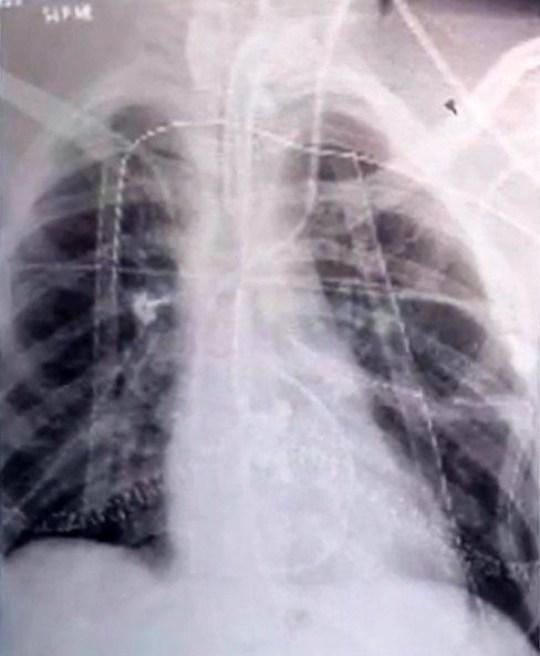Teenager Who Vaped Received Double Lung Transplant
Health officials in the United States reported last week on what they believe could be a medical first.
Officials said doctors performed what could be the first double lung transplant on a person whose lungs were severely damaged from vaping. The operation reportedly saved the life of a teenager from the state of Michigan.
The young man was admitted in early September to a Detroit-area hospital with what appeared to be pneumonia, a common lung infection. The teen was later sent to Children's Hospital of Michigan in Detroit. On October 3, he was transported to Henry Ford Hospital, where the transplant was performed 12 days later.
Hassan Nemeh is surgical director of thoracic organ transplant at Henry Ford Hospital. He told The Associated Press that the damage done to the teenager's lungs from vaping could not be undone. He warned parents to think about that and to tell their children to do so as well.
Health officials did not release the patient's name. But they did say he is expected to recover. They also did not say what product the teenager vaped or how long he vaped.
The hospital released a statement written by the teen's family. It said, "We asked Henry Ford doctors to share that the horrific life-threatening effects of vaping are very real! Our family could never have imagined being at the center of the largest adolescent public health crisis to face our country in decades."

More than 2,000 Americans who vape have gotten sick since March. Many of them are teenagers and young adults. At least 40 people have died.
Recently, the U.S. Centers for Disease Control and Prevention reported a discovery into what might be causing people who vape to become sick. They identified the chemical compound vitamin E acetate as a "very strong culprit."
Researchers found the chemical compound in fluid taken from the lungs of 29 patients. In other studies, Vitamin E acetate was found in liquid from electronic cigarettes and other vaping devices.
Many who got sick said they had vaped liquids that contain THC, the part of marijuana that creates what is known as a "high." Many of those patients said they received the liquids from friends or bought them unlawfully.
E-cigarettes and other vaping devices heat a liquid into a gas or vapor. Most products contain nicotine, but THC vaping has been growing more common.
Dr. Lisa Allenspach is a lung specialist and medical director of Henry Ford's Lung Transplant Program. She told The AP, "Vaping-related injuries are all too common these days. Our adolescents are faced with a crisis."
She added that vaping products should not be used in any way.
Dr. Nemeh said the 17-year-old patient's case does not open any new ethical considerations about transplants for people who severely damage their own lungs by vaping.
He added, "We hope sharing this patient's story prevents anyone else from experiencing a vaping injury that would require a transplant."
I'm Jonathan Evans.












